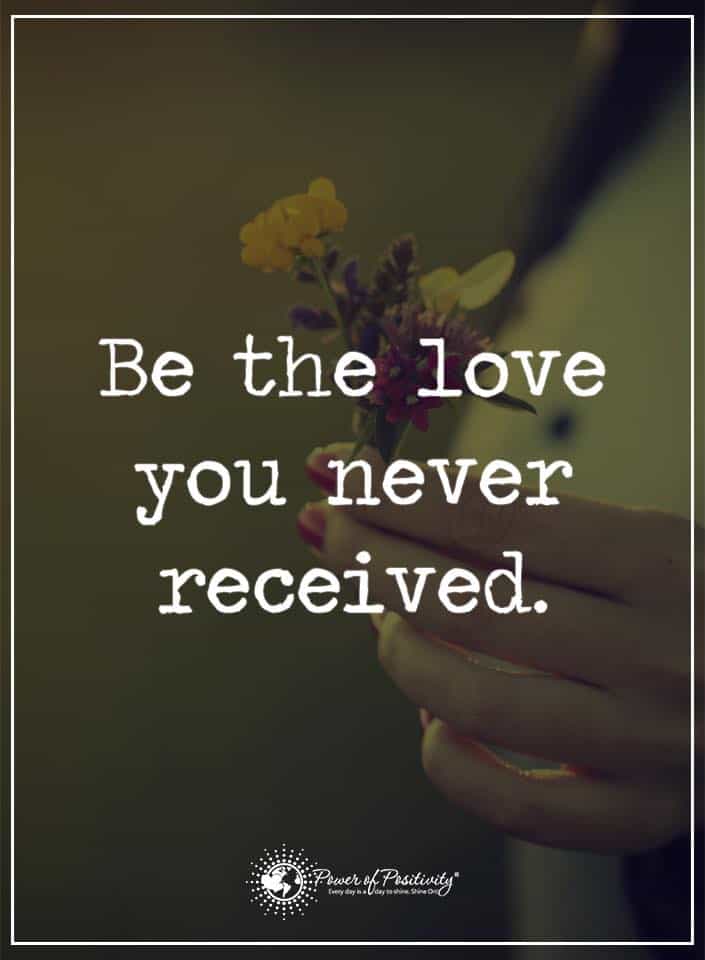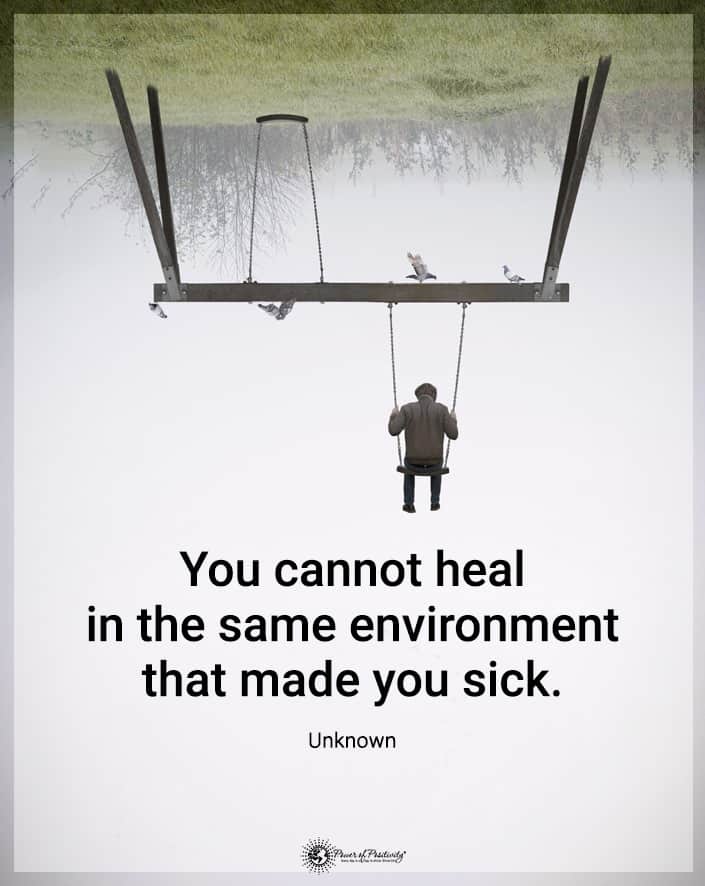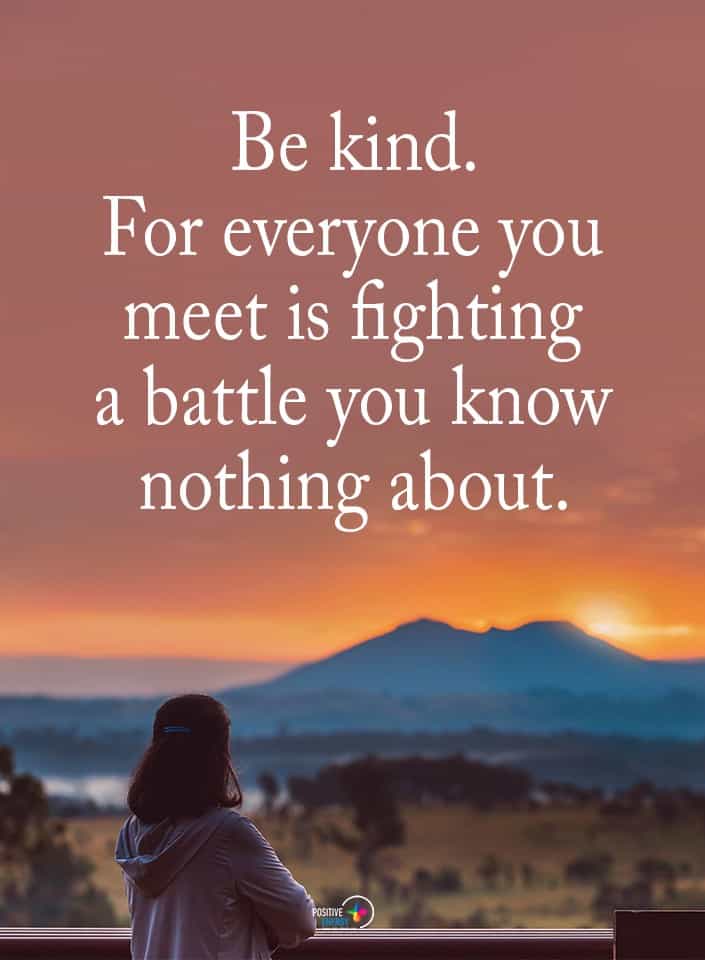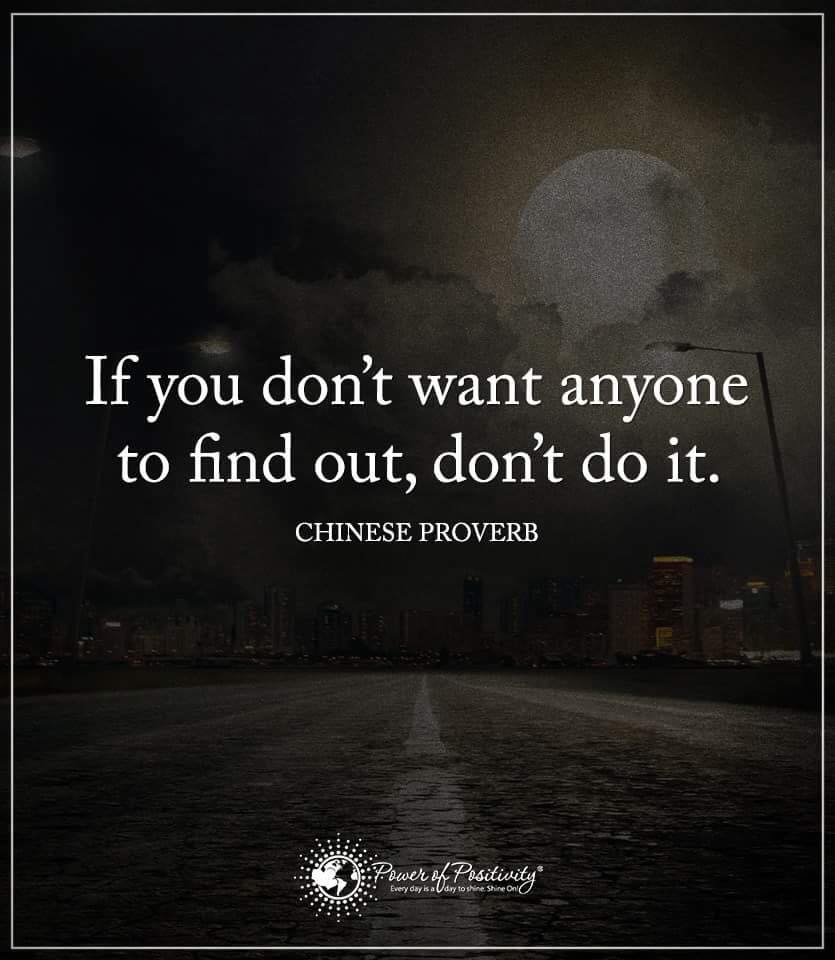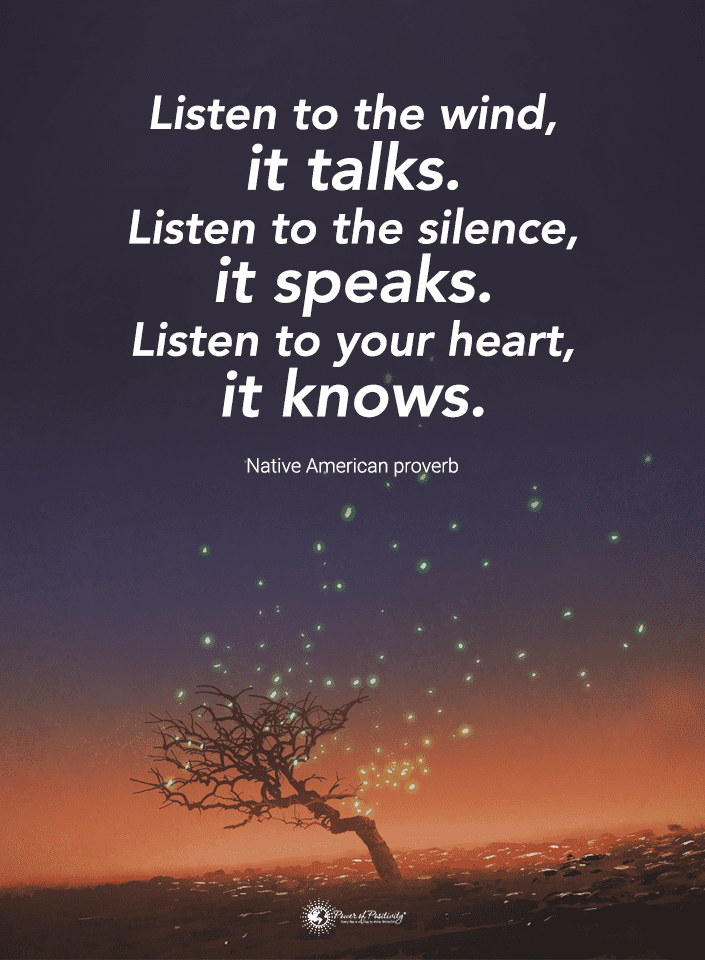An unreciprocated love. Been there, done that, got a few too many T-shirts. Breathe calmly, take a healthy dose of chillaxapil and read on about how to handle when the one you love does not love you back, no matter whether your love interest is/was Kimmy or Jay.
There is a story earlier in the year that emanated from China where a guy declared his love for a girl with a huge sign and 999 pomelo fruits all carefully arranged into the shape of a heart. She declined his interest and just wanted to remain friends. So what happens when our love and admiration for a particular person is met with, at best, a lukewarm response? We wonder why and then do everything in our power to attempt to change their minds. However, you know in your heart of hearts that this will not change anything and you will likely only make matters worse for you. Yet, a romantic rejection is the worst because love is such a subjective matter and we place so much importance to our emotional state, even to the most hardened of men.
The painful feelings of unrequited love
Let us identify the feelings of rejection. Here is a basic list of them:
- Sadness
- Emotional distress
- Inadequacy
- Anger
- Revenge
It is only natural to feel sad after rejection. According to relationship expert, Ellie Prior from Your Relationship Matters, “being very emotional “locks” your attention on all the negativity which is also not helpful to yourself.” Prior continues, “I have seen men and women reject the most beautiful/thoughtful/fantastic partners.” You were the one who invested in this crush on Kimmy/Jay. This will turn into emotional distress because you are wallowing in self-pity. Self-pity translates into feelings of being inadequate for this crush and possibly those in the future, therefore your inadequacy makes you angry and out to get revenge. What do you do when wanting to exact revenge on someone with whom you are angry in a romantic sense? You will get dressed to the nines in search of someone else by wanting to attract someone new.
What to do about rejection from Kimmy/Jay:
We all know the end goal is moving on and feeling better about yourself, ready for the next Kimmy or Jay. The question is, how do we get there?
Here’s how to handle it when the one you love doesn’t love you back:
“Yet but three come one more.
Two of both kinds make up four.
Ere she comes curst and sad.
Cupid is a knavish lad.
Thus to make poor females mad.”
– William Shakespeare, A Midsummer Night’s Dream
1. Understanding rejection of your love
How can you understand someone rejecting you romantically? Even the very best suffered rejection at some point – watch the movie Casanova starring Heath Ledger and Sienna Miller to get an understanding, not only for the ones interested in Giacomo Casanova but also for the title character. The good news is that sometimes rejection is not always permanent or it is a case of one door closing and another (better one!) opening.
2. The power is in what way you react to it
We know that it is hard to swallow. You give the rejection so much power that it consumes you, eating away at your happiness. So what if you made a dog’s dinner of your approach? Do not rub salt in your own wounds and whine about it! You have to be as keen as mustard to taste all of life’s flavors, so it is in your best interests to cook up a real storm in your life. So take a cookery class, have some friends over for a few beers or glasses of wine, go to your favorite restaurant and order the most expensive meal on the menu, treat yourself to that thing you have had your eye on for ages. Once you see that life is not all sour, you will be sweet.
3. The learning curve of love
Although this is counter-intuitive, one of the ways to objectively view a lack of reciprocated love is to learn from it. Look at how you were acting around your person of interest. What would you have done differently? How can this painful experience help you grow? Remaining calm and doing this will help you in the future so that you will either be happy or be in a better place if another rejection is forthcoming.
4. Rejection means you are living your life
Walt Disney had no imagination, the Beatles would never make it in music, Albert Einstein would never amount to much. We have all seen the meme. Know this; rejection is a part of life and it will happen from time to time. It is up to you to keep searching within you, to never be discouraged from living your life to the fullest. Keep going; there is always someone who will appreciate you.
5. The only approval worthy of your time is your own
Most people look externally for this. Thankfully, the only person from whom you need acceptance is yourself. This will always overcome the pain of romantic rejection and fear thereof. Remember that self-love has a certain magnetic power attached to it like a magnet. Take a leaf out of Whitney Houston’s book as she sings Greatest Love of All. “Because the greatest love of all is happening to me. I found the greatest love of all inside of me. The greatest love of all is easy to achieve. Learning to love yourself, It is the greatest love of all.”
Imagine a beautiful flower in a garden and a child rips the flower off its stem, the part that has been ripped off eventually dies and the child is long gone, yet the stem does the only thing it knows how: grow another beautiful flower. It achieves that feat thanks to its roots. In this scenario, you are the stem, the child portrays the one who rejected you, and the flower is the love that you have for someone.
There is one thing for sure: there is absolutely no rejection here. We love you, no matter what!


